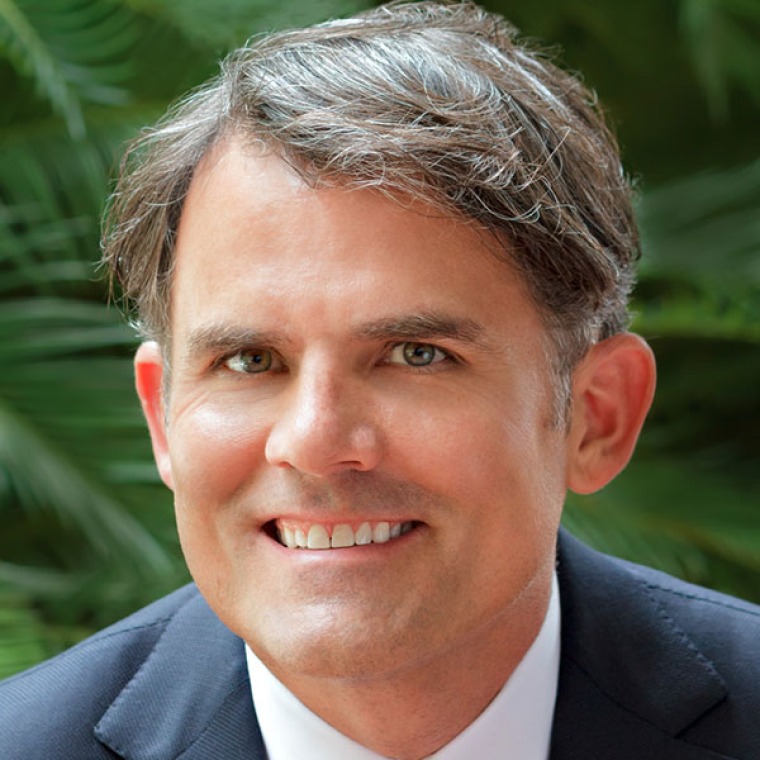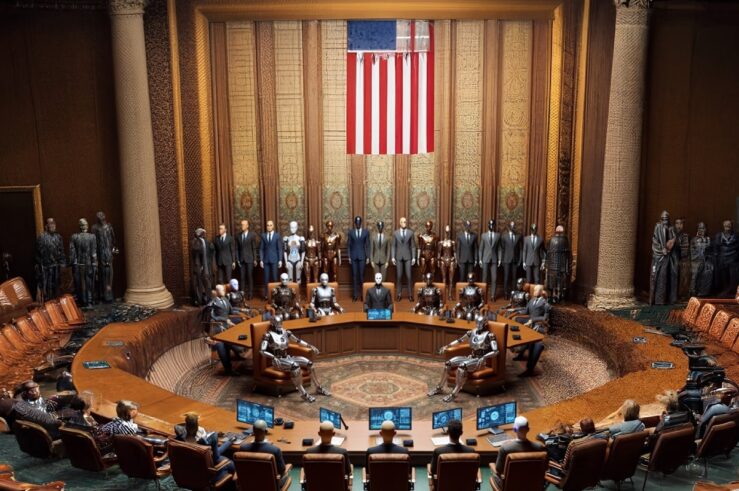The Law Blog asks “Will the Grasso Ruling Reverberate in Corporate Boardrooms?� The post includes the following quotes from some “executive pay gurus� via Business Week:
• H. Rodgin Cohen, Sullivan & Cromwell: “The precedent-setting issue here: a CEO’s duty to inform the board fully about his or her pay and the board’s duty to learn those details. Pay formulas are so complex today that even sophisticated directors can’t figure out the bottom line.�
• Nell Minnow, co-founder and editor, The Corporate Library: “The important part of the ruling is what it says to directors. It’s a wake-up call that they have to do the math [on CEO pay packages], and ask tough questions. And more important, give tough answers — like ‘No, that’s too much.’�
• Muriel Siebert, Muriel Siebert & Co., first female member on the NYSE: “I feel sorry for Dick. He did a good job. But that money was egregious. You don’t join a non-profit and expect to be paid like that. Did the compensation committee do their homework?�
The first two quotes are in reference to the most notorious holding of Judge Ramos’ opinion: “Mr. Grasso’s duty is to be fully informed [regarding the $100 million plus balance in his SERP account] and to see to it that the Board was fully informed. He failed in this duty. . . . That a fiduciary of any institution, profit or not for- profit, could honestly admit that he was unaware of a liability of over $100 million, or even over $36 million, is a clear violation of the duty of care.â€�
Although the case’s precedential strength is questionable (a lower court decision applying New York non-profit corporation law), my guess is that it will impact boardroom behavior, in part given the media attention it has received. Directors and officers have little incentive not to take the holding seriously—they don’t pay the bills for having compensation consultants and lawyers better paper the file regarding executive compensation, their corporations do. Conversely, they are potentially personally liable if they are found to have breached their fiduciary duties. Whether the additional thrashing of the waters will lead to lower CEO compensation is another question, but it will certainly generate additional professional fees. Heck, investment banks could start selling executive compensation fairness opinions.




